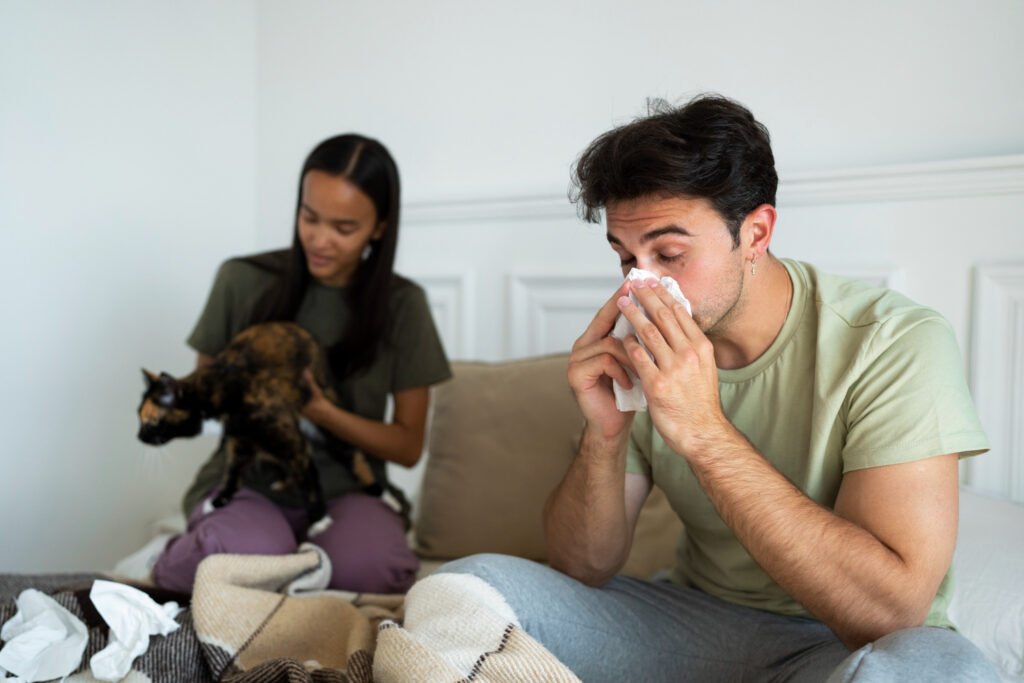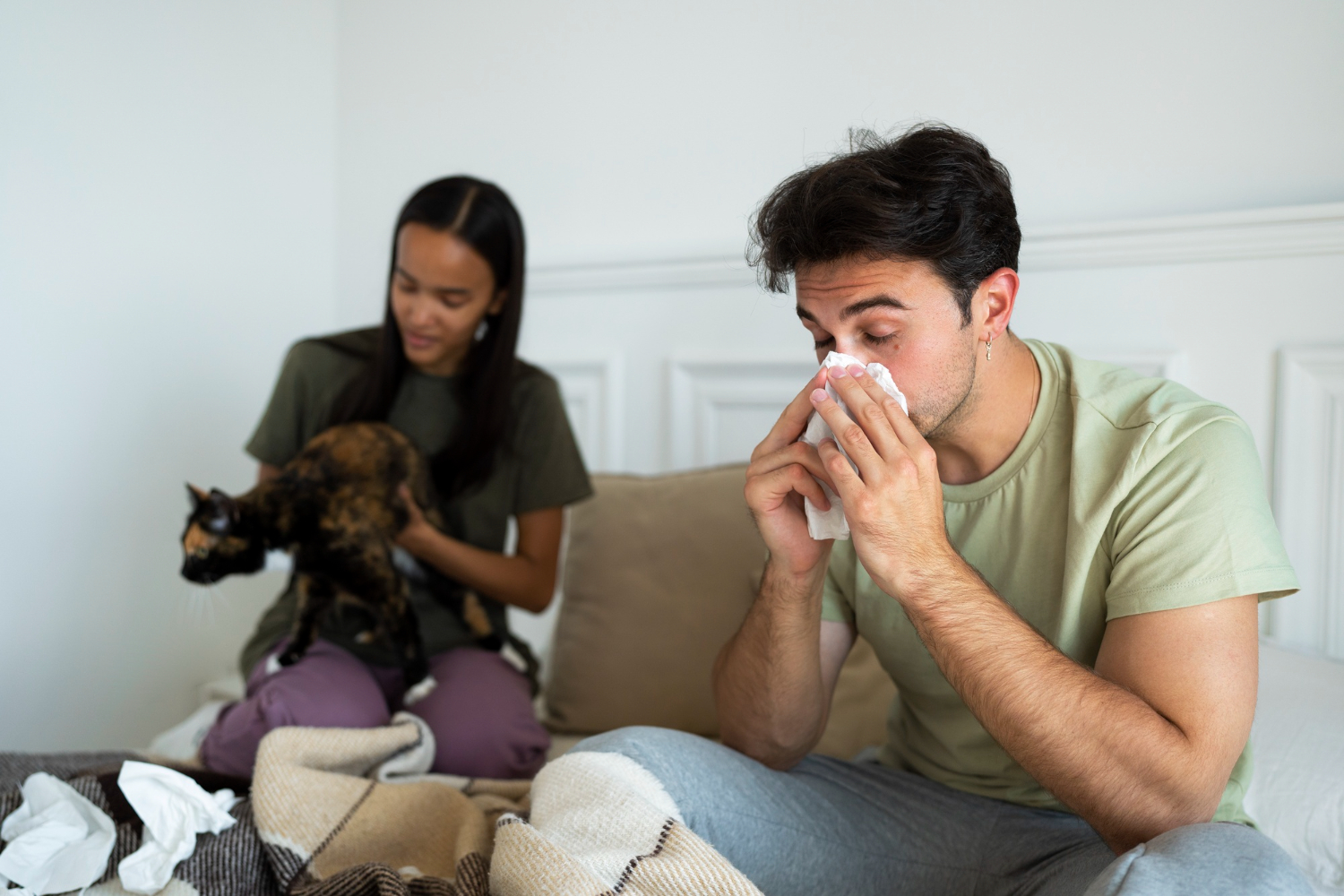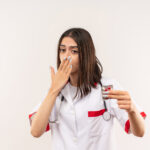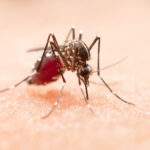
overview
As the vibrant days of summer arrive, so do the relentless sneezes, itchy eyes, and runny noses for many. While spring is notorious for its allergy triggers, summer brings its own set of challenges. Let’s dive into the world of summer allergies, understand their causes, and explore effective ways to manage them.
What’s Allergies
Even though spring has passed, many people continue to suffer from allergy symptoms well into the summer. The primary culprits for these persistent issues are pollen, smog, stinging insects, mold, and dust mites. Recognizing and managing these triggers is crucial for enjoying the summer months.
Allergy Triggers
1. Pollen: The Perennial Problem
While tree pollen peaks in the spring, grasses and weeds dominate the summer. Depending on your location, different plants may cause allergic reactions. Common culprits include:
Weeds:
- Ragweed
- Cockleweed
- Pigweed
- Russian thistle
- Sagebrush
- Tumbleweed
Grasses:
- Bermuda
- Blue grasses
- Orchard
- Red top
- Sweet vernal
- Timothy
Ragweed, in particular, is a significant trigger as its pollen can travel hundreds of miles on the wind, affecting individuals far from its source.
2. Smog: Summertime Air Pollution
Summer air pollution, especially ground-level ozone, can exacerbate allergy symptoms. This pollution results from a combination of sunlight and chemicals from car exhaust, forming clouds of ozone in urban areas during hot, sunny days.
3. Stinging Insects: A Summer Hazard
Bees, wasps, yellow jackets, hornets, and fire ants are more active in summer and can cause severe allergic reactions. Symptoms can range from mild itching and swelling to life-threatening anaphylaxis.
4. Mold and Dust Mites: Tiny Terrors
Warm, damp areas like basements and bathrooms are breeding grounds for mold. Dust mites, microscopic insects thriving in warm, humid environments, can also trigger allergic reactions. Both release allergens into the air, causing symptoms similar to pollen allergies.
Symptoms and Diagnosis of Summer Allergies
Common Symptoms
Summer allergy symptoms are similar to those experienced during other seasons and include:
- Runny nose
- Watery eyes
- Sneezing
- Coughing
- Itchy eyes and nose
- Dark circles under the eyes
Diagnosing Allergies
Doctors diagnose allergies through patient history and, if necessary, refer patients to specialists for skin tests or blood tests Skin tests entail applying potential allergens to a small patch of skin to monitor for any reactions. Blood tests measure the presence of specific allergy-related antibodies.
Effective Treatments for Summer Allergies
Over-the-Counter Solutions
- Antihistamines: Alleviate sneezing, itching, and nasal discharge.
- Decongestants: Provide temporary relief from nasal congestion.
- Nasal sprays: Include decongestants and corticosteroids, which reduce inflammation.
- Eyedrops: Help soothe itchy and watery eyes.
- Nasal irrigation: Flushes out allergens from nasal passages.
Prescription Medications
When over-the-counter remedies are insufficient, doctors may prescribe:
- Corticosteroid nasal sprays
- Leukotriene receptor antagonists (LTRAs)
- Ipratropium bromide nasal spray
- Immunotherapy: Involves receiving small doses of allergens to build tolerance.
Managing Insect Stings
- For severe reactions, use an epinephrine shot and seek emergency medical help.
- For mild reactions, apply ice to reduce swelling, remove stingers, and use pain relievers and topical creams for itching.
Proactive Steps to Ease Allergy Season
Reducing Exposure to Allergens
- Stay indoors when pollen counts are high.
- Keep doors and windows closed; use air conditioning and air purifiers.
- Clean air filters regularly.
- Wash bedding and rugs in hot water.
- Shower and change clothes after being outside.
- Vacuum frequently with a HEPA filter vacuum.
- Wear masks when mowing the lawn or cleaning to avoid pollen and dust.
Monitoring Weather and Allergies
- Windy, dry days increase pollen levels.
- Rain reduces pollen but promotes mold growth.
- Humid air supports dust mites.
- Cold air and heat can trigger allergic reactions in sensitive individuals.
Tips and Home Remedies
Saline Nasal Rinses
- Using devices like Neti pots can help clear nasal passages of allergens.
- Always use distilled water for rinsing to avoid infections.
Natural Remedies and Alternative Treatments
- Some studies suggest butterbur and spirulina may help, but more research is needed.
- Acupuncture may offer relief for some, though results are mixed.
The Takeaway
Summer allergies can be a nuisance, but with the right strategies and treatments, you can enjoy the season with minimal discomfort. Understanding your triggers, reducing exposure, and using appropriate medications are key to managing symptoms. Consult with a healthcare provider for personalized advice and consider allergy testing if symptoms persist. By taking proactive steps, you can make the most of the sunny days ahead.
By taking control of your summer allergies, you can fully enjoy the warmth and activities of the season. Don’t let allergies hold you back—take action today and breathe easier all summer long
Frequently asked questionsay
What are the symptoms of allergies?
Allergies can cause sneezing, itching, runny nose, and sometimes more severe reactions like hives or difficulty breathing.
How do antihistamines help with allergies?
Antihistamines block histamine, a substance your body makes during an allergic reaction, relieving symptoms like sneezing and itching.
How often should bedding be washed to reduce allergens?
Bedding should be washed in hot water weekly to reduce allergen buildup and prevent allergy symptoms.
Why is it important to shower after being outdoors?
Showering and changing clothes after being outdoors removes pollen and other allergens from your skin and clothes, reducing allergy symptoms.












